The separatist president of Bosnia-Herzegovina’s Serb-dominated entity of Republika Srpska Milorad Dodik announced on Monday the decision to establish a border police force for the territory, marking another controversial move amid ongoing crisis in the fragile Balkan country.
“A Working Group has also been formed and held its first meeting today to draft a law that will regulate the work of the border police in Republika Srpska,” Dodik said in a statement on X, referring to one of two Bosnia’s entities.
This came as latest in a series of laws, proposed by Dodik and deemed widely as unconstitutional, coming after he was sentenced in February for defying orders of the high representative in the country. A top Bosnian court subsequently sought his and detention of two others from Republika Srpska leadership for refusing to answer prosecutors’ summons.
As president of Republika Srpska (Serb Republic) or shortly RS, he has already in a short period initiated a set of laws derogating state authorities and violating the constitution, creating the biggest constitutional crisis in the Balkan country since the end of its 1990s war.
“The legal framework will be strictly in accordance with the Dayton Agreement and its Annex 2,” he claimed on X, referring to the 1995 agreement that ended the war in Bosnia.
He further recalled that between 1996 and 2000, Republika Srpska authorities had controlled the entity’s border.
But in 2000, then-High Representative Wolfgang Petritsch – tasked with implementing the 1995 accord – introduced the Bosnia and Herzegovina State Border Service, a decision which Dodik claims violated the Dayton Agreement and Bosnia’s Constitution.
A closed session of the Republika Srpska government was scheduled for later in the day to address broader political and security issues affecting both the Serb entity and Bosnia-Herzegovina.
Dodik confirmed his attendance alongside Zeljka Cvijanovic, the current chair of Bosnia-Herzegovina’s tripartite Presidency.
Following war and under the U.S.-sponsored peace deal – Dayton Peace Agreement – Bosnia was split into two regions, the Serb Republic (RS) and the Bosniak-Croat Federation (FBiH), linked by a weak central government and supervised by an international envoy whose role is to prevent the multi-ethnic Balkan state from slipping back into conflict.
Escalating crisis
The dispute, which pits Dodik and his allies Russia and Serbia against the United States and European Union, began after Dodik was sentenced in February to a year in jail and banned from holding office for six years over defying the envoy’s rulings in a court ruling that he can appeal.
The ruling found him guilty of disregarding the decisions of the Christian Schmidt, the current high representative in Bosnia-Herzegovina.
In response, the majority led by Dodik’s Alliance of Independent Social Democrats (SNSD) in the Republika Srpska National Assembly passed laws prohibiting the work of Bosnia-Herzegovina’s judicial and security institutions within the entity. This move drew strong condemnation from the international community.
Consequently, these laws were suspended on an interim basis by the Constitutional Court saying they endangered the country’s legal and constitutional order and sovereignty.
State prosecutors then last week ordered the apprehension of Dodik, the region’s prime minister Radovan Viskovic and parliament speaker Nenad Stevandic, who ignored their call for a summons in an investigation into an attack on constitutional order.
But their arrest was seen as a high-risk operation after the region’s police said it would protect the officials.
Dodik’s move to form a separate border police comes amid media reports that state prosecutors have issued a warrant for the three officials, meaning that any police unit in the country should arrest them and that they cannot leave Bosnia.
Dodik had already announced his trip to Moscow this week.
European leaders and officials from Türkiye, Germany, France, Spain, the U.K., and the U.S. have criticized Dodik’s actions, warning that they pose a serious threat to Bosnia-Herzegovina’s stability.

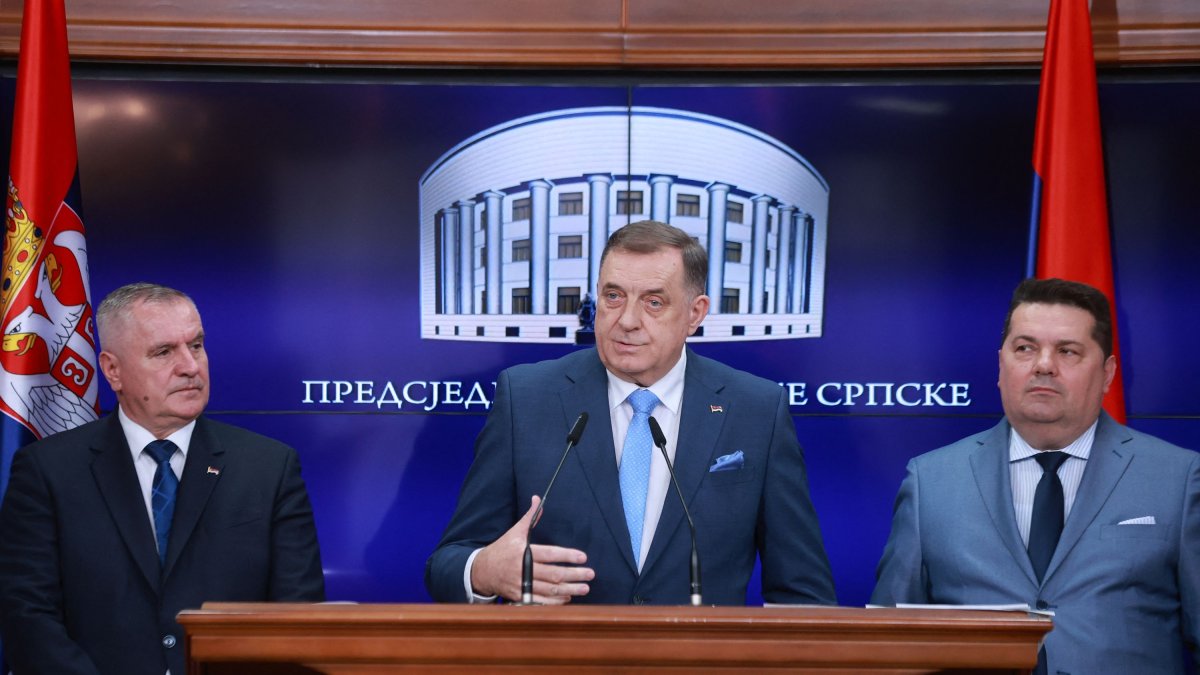








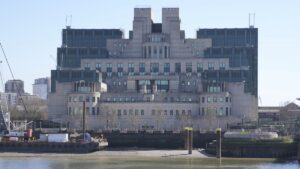
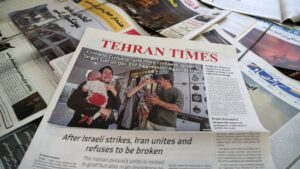
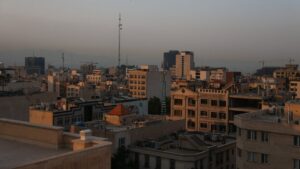

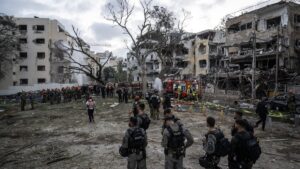


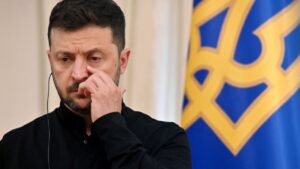

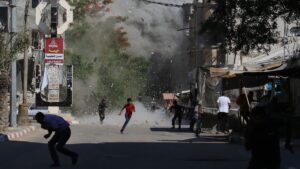
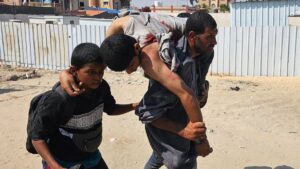

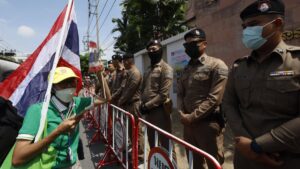
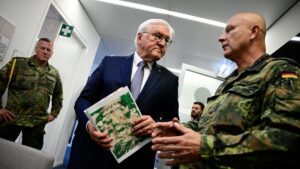


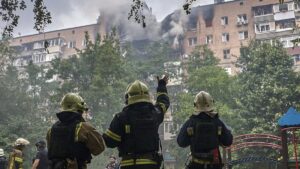





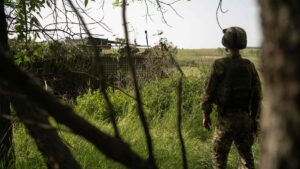
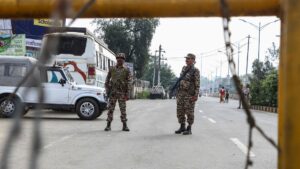


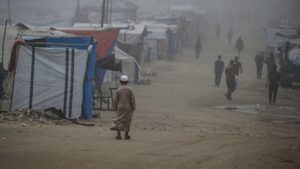




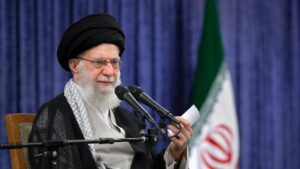
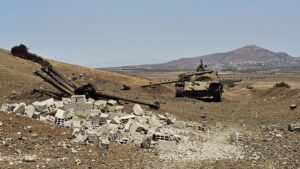

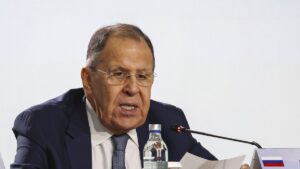
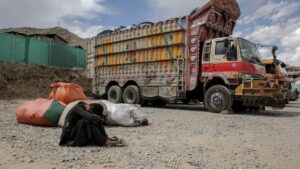
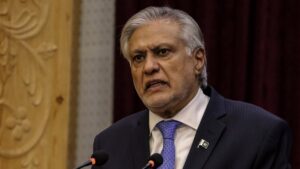



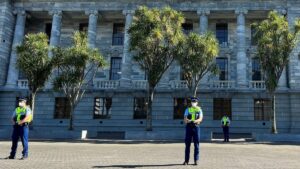

Be First to Comment